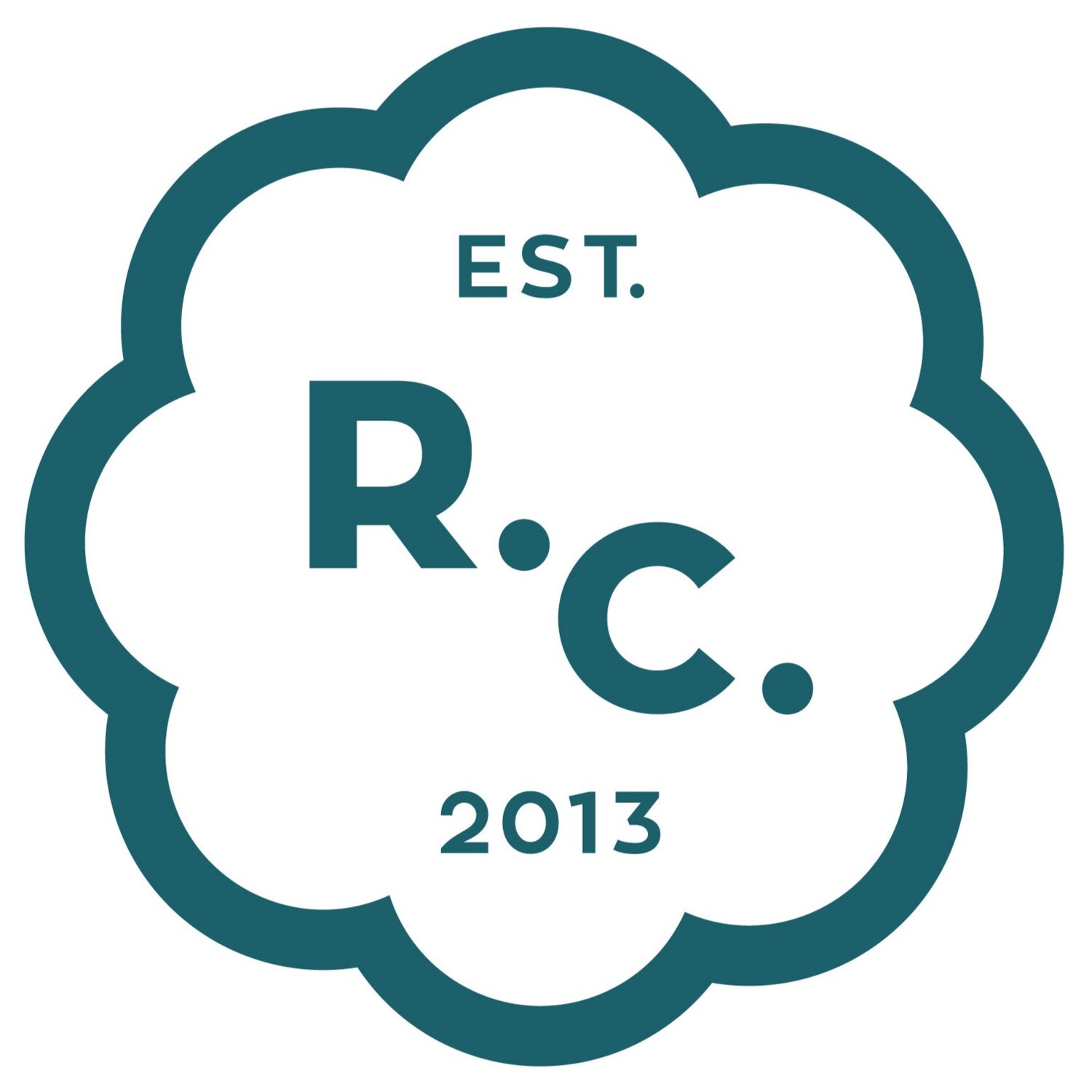Post-Secondary Education in the Health and Wellness Sector
Whether you aspire to be a nurse, a nutritionist, a physical therapist, an esthetician, or any other healthcare or wellness professional, obtaining a higher education is not just a choice but a necessity.
The health and wellness field is vast and intricate, requiring specialized knowledge to navigate effectively. Post-secondary education equips individuals with the theoretical foundations, practical skills, and clinical experiences necessary to excel in their chosen profession. Whether it's understanding the complexities of human anatomy, mastering the latest medical technologies, or staying abreast of emerging trends in holistic wellness, a solid educational background lays the groundwork for success.
In Canada, licensure and certification are prerequisites for practicing in healthcare professions. Attaining these credentials often requires completing accredited post-secondary programs, passing rigorous examinations, and fulfilling clinical training requirements. A solid educational background not only prepares individuals for these credentialing processes but also instills a commitment to ethical standards, patient safety, and continuous professional development.
The dynamic nature of healthcare demands professionals who can think critically, adapt to new challenges, and innovate solutions. Rosewood College fosters these essential skills by encouraging analytical thinking, evidence-based reasoning, and collaborative problem-solving. Through coursework, research projects, and clinical rotations, students learn to assess complex situations, evaluate multiple perspectives, and make informed decisions that positively impact patient outcomes and community health.
While textbooks provide foundational knowledge, hands-on experience is where theory meets practice. Rosewood College offers clinical placements and practicum opportunities that allow students to apply classroom learning in real-world settings under the guidance of seasoned professionals. These hands-on experiences not only reinforce academic concepts but also cultivate essential competencies such as communication, empathy, and cultural competence, which are integral to providing high-quality patient care.
Beyond entry-level positions, post-secondary education opens doors to advanced career pathways and specialization within the health and wellness sector. Whether through pursuing graduate degrees, obtaining advanced certifications, or participating in continuing education programs, lifelong learning is essential for staying competitive and advancing professionally. Specialized training can lead to opportunities in research, administration, education, or clinical practice areas that align with individual interests and career aspirations.
Ultimately, the significance of post-secondary education extends beyond individual career advancement to collective impact on community health and wellbeing. Whether serving in urban centers, rural communities, or underserved populations, educated professionals are catalysts for positive change and advocates for healthier, more resilient societies.
In conclusion, post-secondary education is not just a stepping stone but a cornerstone of success in the health and wellness sector. It empowers individuals to become competent, compassionate, and ethical healthcare professionals who make meaningful contributions to society. As we navigate the complexities of modern healthcare, let us recognize the invaluable role of education in shaping the future of wellness, one educated professional at a time.
Learn more about our programs and start shaping your future in healthcare and wellness! Your future career awaits at Rosewood College.

